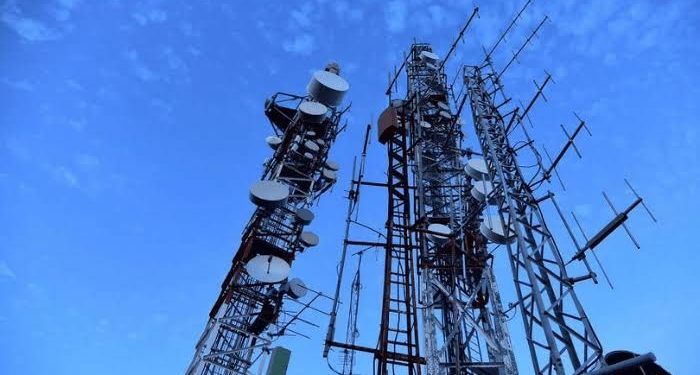Nigeria’s telecommunications industry faces a potential crisis as the Association of Licensed Telecommunications Operators of Nigeria (ALTON) warns that over 16,000 base stations could shut down in the coming days. The threat follows the blockade of diesel loading depots in Kaduna, Lagos, and Delta states by members of the Nigerian Union of Petroleum and Natural Gas Workers (NUPENG) and the Natural Oil and Gas Suppliers Association of Nigeria (NOGASA).
The blockade has halted the distribution of diesel to thousands of telecom sites operated by IHS Towers, one of the country’s largest telecommunications infrastructure providers. According to ALTON, the action stems from a dispute involving allegations of diesel misappropriation against two NOGASA member companies, which are currently under investigation by relevant authorities.
If not resolved, the disruption could cripple mobile and internet services for millions of Nigerians, as these sites power critical communication channels. ALTON stressed that the affected facilities support not only telecom services but also essential operations such as banking transactions, hospital communications, emergency response systems, and national security functions.
The association emphasised that under Nigerian law, telecom infrastructure is classified as Critical National Information Infrastructure (CNII), meaning any deliberate interference could attract serious legal consequences. While ALTON maintains it does not intervene in disputes between its members and third parties, it described actions that disrupt national telecom operations as unacceptable and damaging to public welfare and economic stability.
Calling for an immediate end to the blockade, ALTON urged the leadership of NUPENG and NOGASA to restore access to diesel supply points and adopt lawful, contractual means to settle the dispute. It also appealed to the Office of the National Security Adviser (ONSA), the Nigerian Communications Commission (NCC), and other stakeholders to urgently intervene to avert a nationwide communications blackout.
The association warned that continued obstruction would undermine service quality, threaten the integrity of Nigeria’s digital infrastructure, and cause far-reaching economic consequences. ALTON reaffirmed its commitment to providing reliable and resilient telecom services but cautioned that its ability to do so depends on uninterrupted access to essential operational resources like diesel.
For businesses, particularly MSMEs that rely on mobile banking, online sales platforms, and digital customer engagement, a large-scale shutdown of telecom sites could mean operational paralysis. With many small enterprises now dependent on online transactions and real-time communication, a prolonged disruption could result in revenue loss, stalled supply chains, and reduced customer access.
The unfolding situation highlights the growing importance of protecting digital infrastructure from industrial disputes and supply chain disruptions, given its role as the backbone of modern commerce, healthcare, security, and governance in Nigeria.










